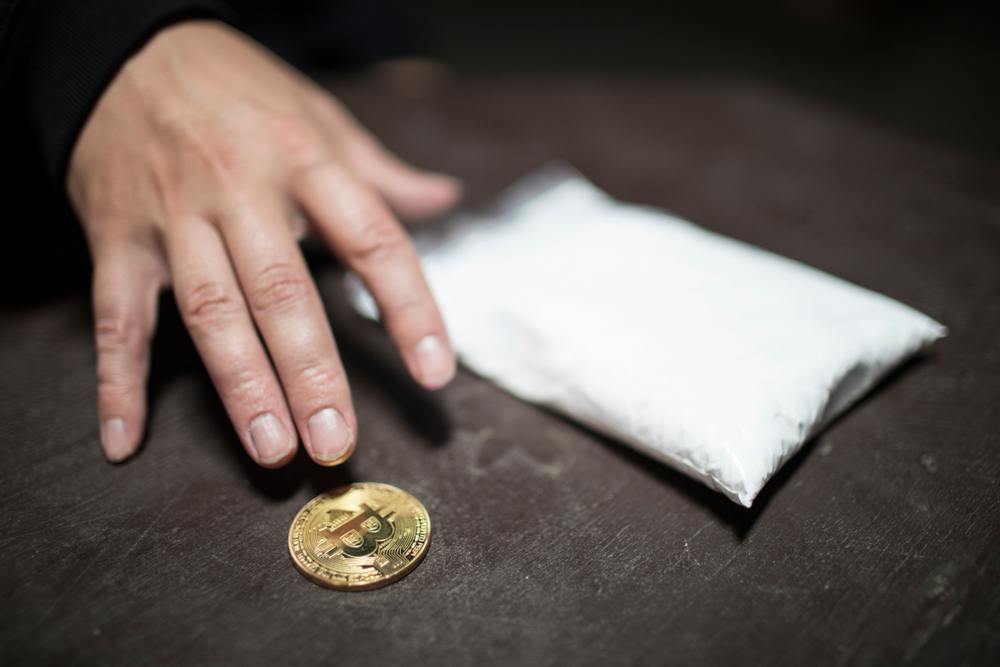Australian Police Arrests Bitcoin Exchange Operator for Running a Drug Ring

A 27-year-old crypto exchange executive is under arrest in Australia for running a drug ring. | Source: Shutterstock
The Australian Federal Police arrested a 27-year bitcoin exchange operator for running a drug distribution ring.
The investigation dates back to 2017 when the AFP had arrested two Victorian men for importing drugs to Australia. The agency reportedly continued their probe, which led them to reveal an email-based drug trafficking organization operating out of Australian suburbs Bulleen, Templestowe Lower, and Malvern. The AFP raided these premises and seized steroids, money and what it called “cryptocurrency-related items.”
Following the arrest, the AFC charged the accused drug trafficker for importing, trafficking and possessing 66 pounds of banned drugs, including MDMA, methamphetamine, cocaine, and ketamine.
“The accused played a key role in directing the operations of the criminal syndicate, which used various darknet sites, bitcoin accounts and legitimate business for the sourcing, payment, and distribution of the illicit drugs,” AFP said in its official statement.
Meanwhile, the Criminal Assets Confiscation Taskforce received the court’s permission to confiscate properties worth over $USD 1.40 million related to the investigation.
AUSTRAC Bans Two Bitcoin Exchanges
The raid led the Australian Transaction Reports and Analysis Centre (AUSTRAC) to ban two bitcoin exchanges in their connection to illegal drug trades.
The anti-money laundering and counter-terrorist financing watchdog later issued a joint press release with the NSW Police Force, reminding the Australian bitcoin exchanges to either comply or face prosecution.
“Digital currency exchange providers have had adequate time and opportunity to comply with these new laws and AUSTRAC has already refused the registration of two digital currency exchange providers. We continue to actively monitor the sector’s compliance,” said Dr. Nathan Newman, AUSTRAC’s National Manager for Regulatory Operations.
The authorities directed digital currency trading providers to register with AUSTRAC, verify their customers’ identity, report suspicious matters, including over-the-counter cash transactions, and comply with record-keeping requirements, per the amendments to the Anti-Money Laundering and Counter-Terrorism Financing Act 2006 last year.
Cybercrime Squad Commander, Detective Superintendent Matt Craft, also issued a stern statement against the cryptocurrency exchanges, reminding that their agencies were actively monitoring digital currencies the same way they monitor cash.
“Any information about illicit activity by digital currency exchange providers that is provided to our squad – whether related to organized crime, terrorism, or technology-enabled crime – will be actively pursued in partnership with AUSTRAC,” Craft added.
Australia continues to have the world’s second largest number of dark web drug dealers per capita. In 2018, the Australian Border Force made 43,973 drug detections, in which traffickers were using band-aid packets, DVD covers, and lolly packages to transfer banned narcotics.